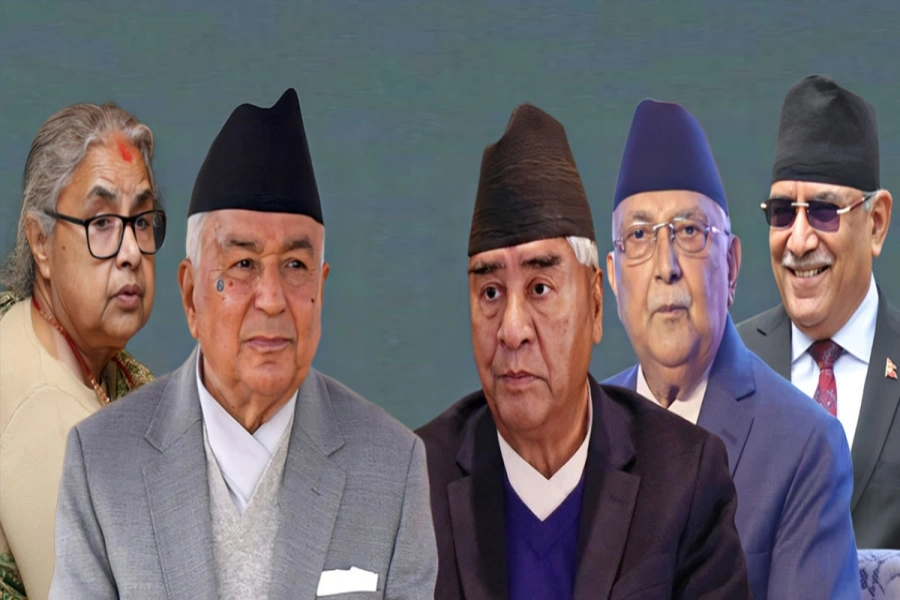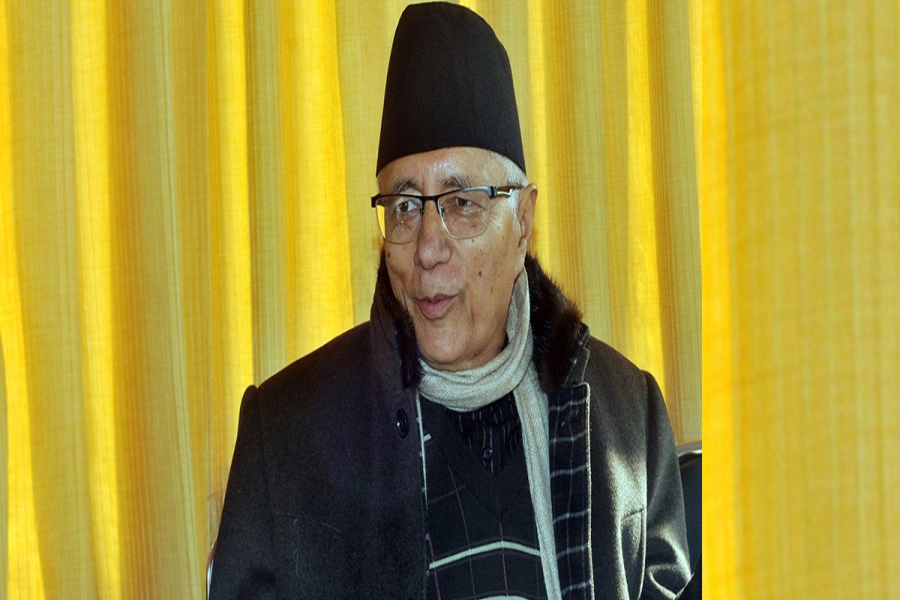KATHMANDU, Dec 9: Nepal, which used to export electricity to India during the rainy season, has started buying it from India with the onset of winter.
During this year's rainy season, Nepal sold electricity worth Rs 15 billion to India. The Nepal Electricity Authority (NEA) started selling the surplus electricity during the rainy season to the Indian market on June 11.
The NEA said that from Jestha to Mangsir (mid-May to mid-December), 1.73 billion units of electricity were exported and earned Rs 15.23 billion. The authority exported a maximum of 700 megawatts of electricity daily during this period. The average selling rate of exported electricity is Rs 8.77 per unit.
From Shrawan to Mangsir (mid-July to mid-December) of the current fiscal year 2023/24, electricity worth Rs 13.23 billion has been exported. During this period, 1.47 billion units of electricity were exported. The average selling rate of exported electricity is Rs 8.96 paise per unit.
Nepal to import 250 MW of electricity from India during winter

With the onset of the dry season, the flow of water in the rivers and streams has decreased, and the production from the hydroelectric power plants in the country has started to decrease. According to the NEA, the import of electricity from the Indian market has also started to meet the increase in domestic demand with the onset of winter. Electricity export has been stopped from Friday night.
Kulman Ghising, the managing director of the NEA, said that the maximum demand for electricity is around 1,700 megawatts on a daily basis and since domestic production alone is not enough to meet it, a small quantity of electricity has been imported.
"Currently, electricity production and demand are almost equal. We are collecting water in the semi-reservoir power plant during the day and night and running it during the evening and morning peaks," said Ghising.
Importing electricity during the peak time makes the rate more expensive, while the rate during the day and night is cheaper. Therefore, Ghising said that when the semi-reservoir projects in the country collect water during the day and night and import it at that time, only a small amount of electricity, which is available at a cheap rate, has been imported.
He said that although the result of electricity import increased slightly in Chaitra and Baisakh (mid-March to mid-May), this year the export is more than the import and the situation is projected to become a self-exporter. "Electricity export will resume from the third week of May next year, this year about 900 megawatts are being added to the national transmission system, so electricity worth Rs 25-30 billion will be exported next year," Ghising said.
He claimed that large capacity lines are being built for the improvement of the transmission network between the two countries and hydropower projects are being built within the country as well, so within the next five years electricity worth about one billion rupees will be exported annually.
The NEA has exported electricity worth Rs 216 million in Jestha, Rs 1.78 billion in Asar, Rs 2.15 billion in Shrawan and Rs 3.48 billion in Bhadra. Similarly, Rs 4.18 billion in Asoj, Rs 2.7 billion in Kartik and Rs 735.9 million till Mangsur 20 have been earned by exporting electricity.
The NEA has been exporting to India the electricity saved during the rainy season after consumption within the country. The authority was selling about 110 MW of electricity to Indian company NTPC Vidyut Vyar Nigam Ltd through competition in IX's day-ahead market and under a mid-term power agreement. It then sold the electricity to the state of Haryana.
The Central Electricity Authority of India has also allowed the sale of about 44 MW of electricity in the real time market out of the 522 MW approved for export to the competitive market in the first phase. The NEA has received approval to export 657 MW of electricity to the competitive market with 547 MW and 110 MW to NTPC Vidyut Vyapar Nigam Ltd.





































